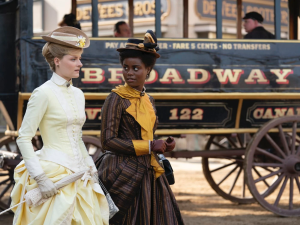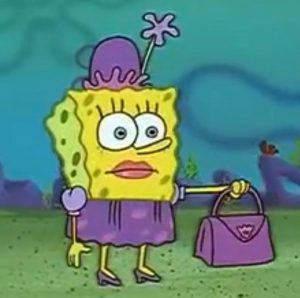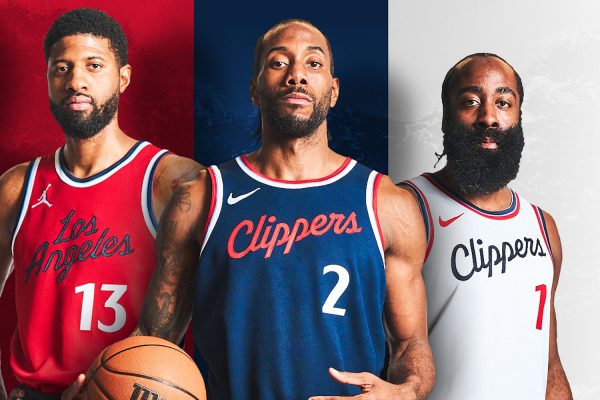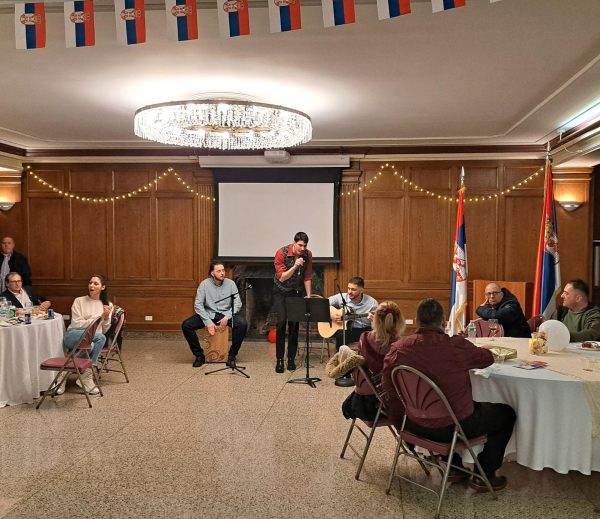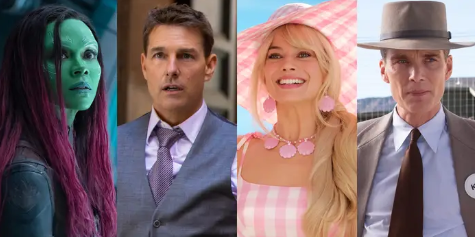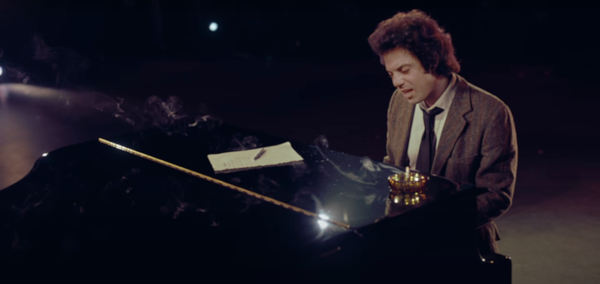‘Paradise PD’: lacks qualities found in animation genre
September 5, 2018
Adult animation is a pretty unique genre, as it allows for infinite storytelling opportunities and maximum crudeness. When executed correctly, these animated programs can provide a rich, wacky commentary on timely topics. The humor – whether it be smart or absurd – can outshine a lot of their live action competition.
Netflix’s new animated series “Paradise PD,” on the other hand, is not that type of animation. It is dumb, uninspired and when the show tries to offer a fresh take on a topic, it fails miserably. Created by Waco O’Guin and Roger Black, the shows biggest flaw is that it is too similar to the duo’s last show, “Brickleberry.”
“Paradise PD”—which began streaming Aug. 31– follows the misadventures of some severely incompetent cops, including Kevin, a newly hired officer and his father, Chief Randall Crawford, who got his testicles shot off by Kevin many years ago. The gang also includes Gina, a very violent female officer, Gerald, an officer who suffers from PTSD and Bullet, the talking police dog. Other side characters include Dusty, an obese and flamboyant officer, and Stanley, an elderly cop who is off his rocker.
By reading the character descriptions, one might think that they would be interesting. Occasionally, the characters have their funny moments but one cannot help but look at them as dollar store versions of the “Brickleberry” cast.
Kevin and Chief Randall are carbon copies of Steve and Woody in “Brickleberry.” To make matters worse, they are even voiced by the same actors! The other characters are easily compared to additional characters from “BrickleBerry,” as Fitz is an unfunny Denzel and Bullet is Malloy without the charisma of voice actor and comedian Daniel Tosh.
Tosh might be the main factor missing in “Paradise PD.” Tosh – in addition to lending his voice – served as a producer of “Brickleberry.” However, Tosh is not credited anywhere on “Paradise” and does not seem to be involved in the show.
As previously stated, the show’s biggest flaw is that it does not just compare to “Brickleberry,” but that is actually all a viewer can do while watching it. The characters are drawn and characterized the same exact way, the jokes are just as stupidly crude and the storylines are the same, just executed in a different setting.
“Brickleberry” was by no means a politically correct show; the jokes were super offensive and inappropriate. Yet “Brickleberry” was arguably smarter than “Paradise,” which says a lot because “Brickleberry” was idiotic. Daniel Tosh’s absence may be to blame.
The game plan for the humor in “Paradise” seems to be just throw everything and see what sticks. This method allows for occasional laughs but since you’re not laughing the whole time, your brain realizes how offensive the jokes really are.
For example, the third episode’s plotline about police brutality could have been interesting but putting Fitz on trial against himself after he accidently shoots himself was all sorts of crazy. Meanwhile, the fourth episode involves Kevin having sexual intercourse with his car.
Overall, “Paradise P.D.” is good for a few laughs with your friends, especially those who are not easily offended. Bullet the Police Dog being addicted to drugs the officers make him look for is rather humorous and a subplot about a local food chain’s plan to harvest senior citizens is also pretty hilarious. However, “Paradise” is just not funny enough to outshine “Brickleberry” or the many other successful animations in this awesome, hysterical genre.





